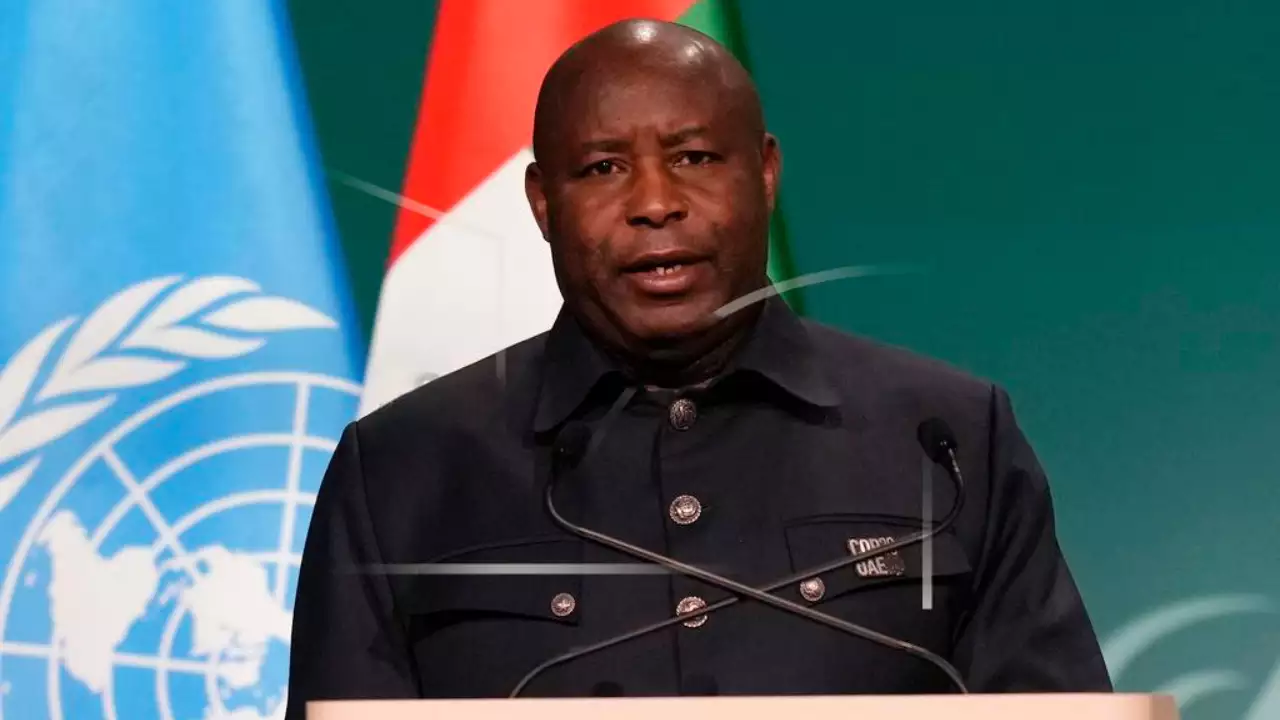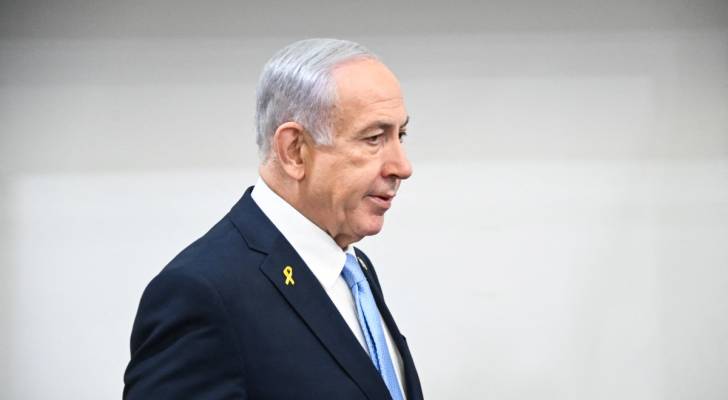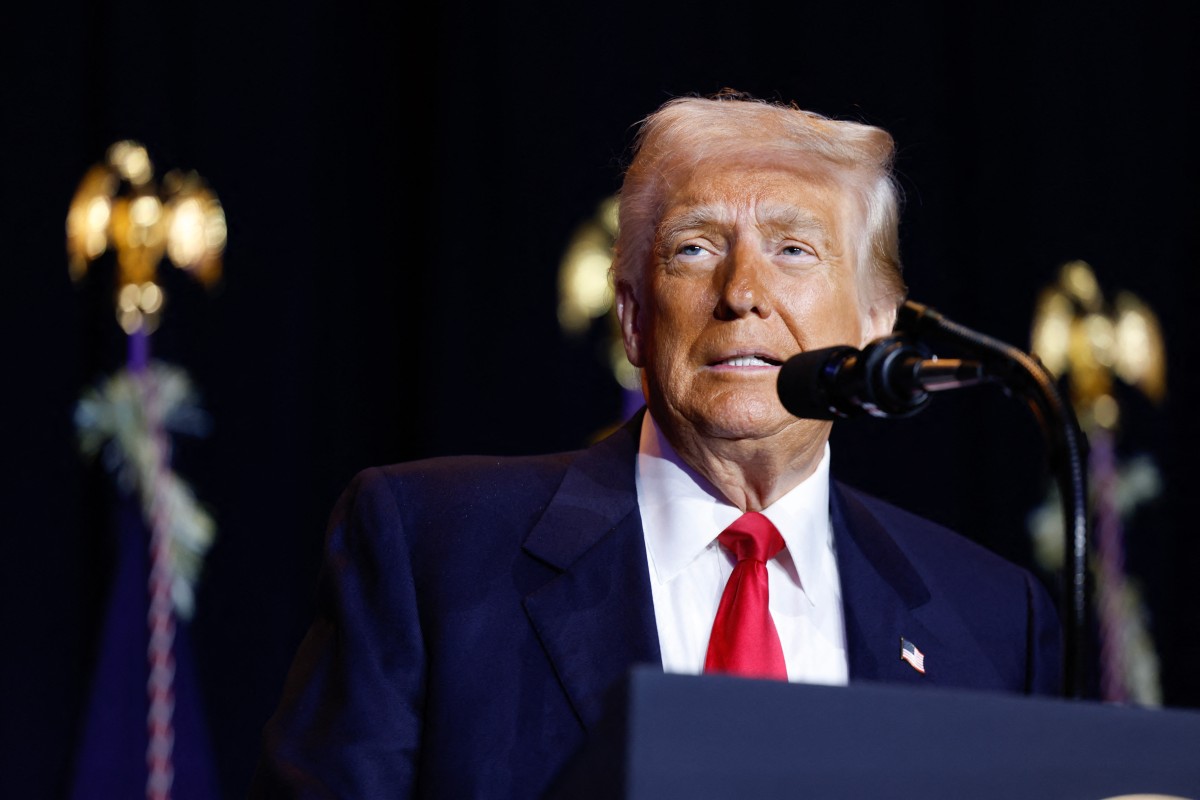Burundi’s President Évariste Ndayishimiye has accused neighboring Rwanda of planning to incite conflict within Burundi by supporting rebel groups aimed at destabilizing the country. He cited “credible intelligence” indicating that Rwanda intends to replicate its alleged actions in the Democratic Republic of Congo (DRC) within Burundi. Ndayishimiye emphasized a preference for dialogue but warned that Burundi would not remain passive if attacked.
Rwanda has dismissed these allegations as “surprising,” asserting that it has no intentions of initiating conflict with Burundi.
The two nations have a history of strained relations, often finding themselves on opposing sides of regional conflicts, particularly concerning the ongoing unrest in the DRC. Recent reports suggest that Rwandan-backed M23 rebels have halted their advance along the Burundian border in South Kivu, following a likely agreement between Burundi and Rwanda to de-escalate tensions in the eastern DRC.
Despite these developments, the border between Burundi and Rwanda has remained closed for over a year, exacerbating economic hardships for border communities that rely heavily on cross-border trade.
As the situation evolves, regional observers are closely monitoring the dynamics between Burundi and Rwanda, given their complex history and the potential implications for stability in the Great Lakes region.




